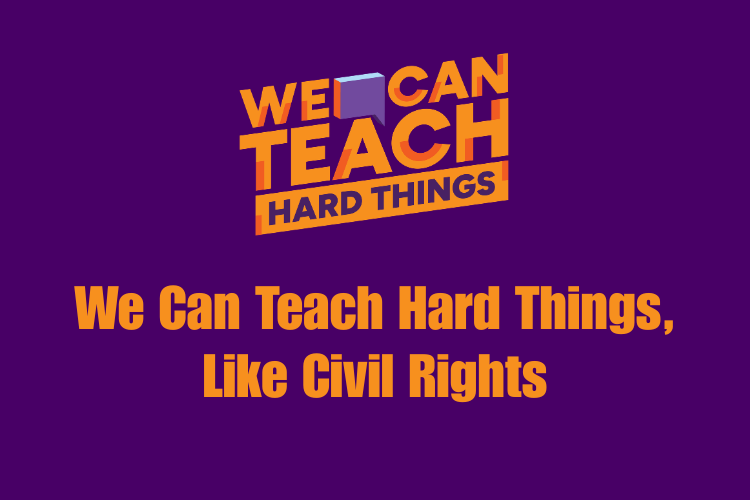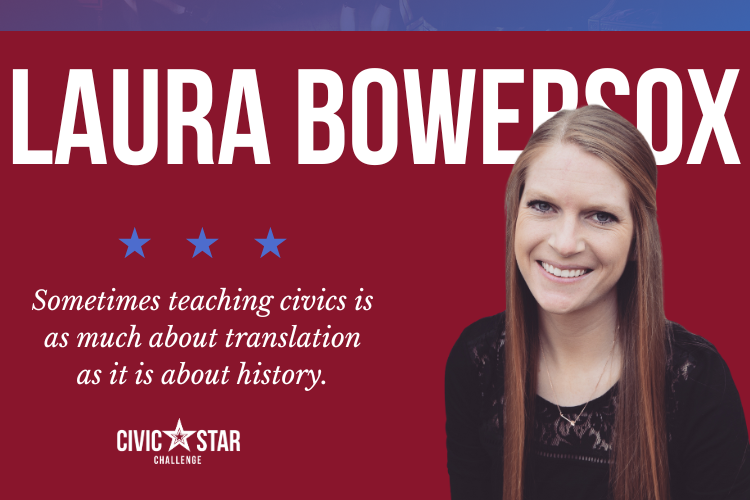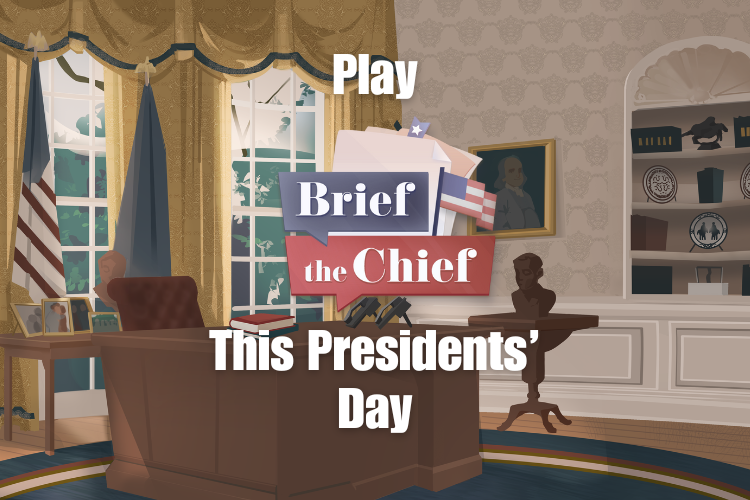As a former Advanced Placement History teacher, I can confidently say that one of the most essential skills for our students is comprehensive source analysis. The College Board AP History (U.S., World, European) exams in May require students to analyze sources for both the multiple choice and writing portions of the exam. In addition to being able to summarize a document, students in AP courses need to “HIPP” the document to analyze things like historical context, intended audience, point of view, and purpose. And iCivics is here to help make sure all students have the preparation to meet that rigorous demand!
Check out the highlighted resources below:
DBQuests
A great tool for the younger grades as well as the start of the AP year is the iCivics collection of DBQuests. DBQuests are already prepared with a big question and walk students through source analysis and summary skills. By starting with a review of the author and audience, the students practice those analysis skills in a structured way. If a student makes a mistake, the DBQuest redirects them to try again until they get it right. That in-the-moment formative feedback is a fantastic tool to support student mastery.
After analyzing the source, the DBQuest has students pull evidence from the document to answer comprehension questions using a drag-and-drop tool. After students select textual evidence to answer the questions, that evidence is presented and students use the textual evidence to summarize the main ideas. By scaffolding students through the analysis and summary of these primary and secondary source excerpts, teachers can foster development of this important skill using a ready-made and high-quality resource!
DBQuests are assigned using an iCivics teacher account and are Google Classroom and Clever compatible. The teacher materials also have printed copies of the documents, as well as enrichment and scaffolding activities, so teachers can differentiate to meet the needs of every student in their classroom. Using this ready-made resource will help free up your plan time, empower and engage your students, and can allow you to work in the role of facilitator. Coach and circulate the class to review student progress and provide formative feedback as students are engaged in the work.
Exploring Primary Sources
Another great resource to use when preparing for AP tests is iCivics’ Exploring Primary Sources mini-site. You’ll find even more tools and activities to help students practice working with sources, as well as some professional development for yourself.
In addition to our DBQuests, teachers can discover partner resources like Eagle Eye Citizen, KidCitizen, and Journalism in Action (and more!). Eagle Eye Citizen gets students practicing sequencing, contextualization, and close reading, while KidCitizen’s videos engage students with primary source photographs and develop their critical literacy skills. Journalism in Action is an interactive learning tool that helps middle and high school students examine the role of a free press in different moments in history using historical primary sources. We all share the support of the Library of Congress Teaching with Primary Sources Program.
Be sure to use these iCivics resources to help you reduce your planning and delivery work, so you can spend your classroom time facilitating high-quality source work and enjoy a fresh cup of coffee!
Written by Amanda Setters
Amanda Setters is a Curriculum Associate at iCivics. She is responsible for creating and revising curricular materials for teachers and students. Prior to joining the iCivics team, Amanda taught middle and high school social studies in Cincinnati, Ohio. In addition to reading and spending time with her family, Amanda enjoys learning from her favorite historians.




